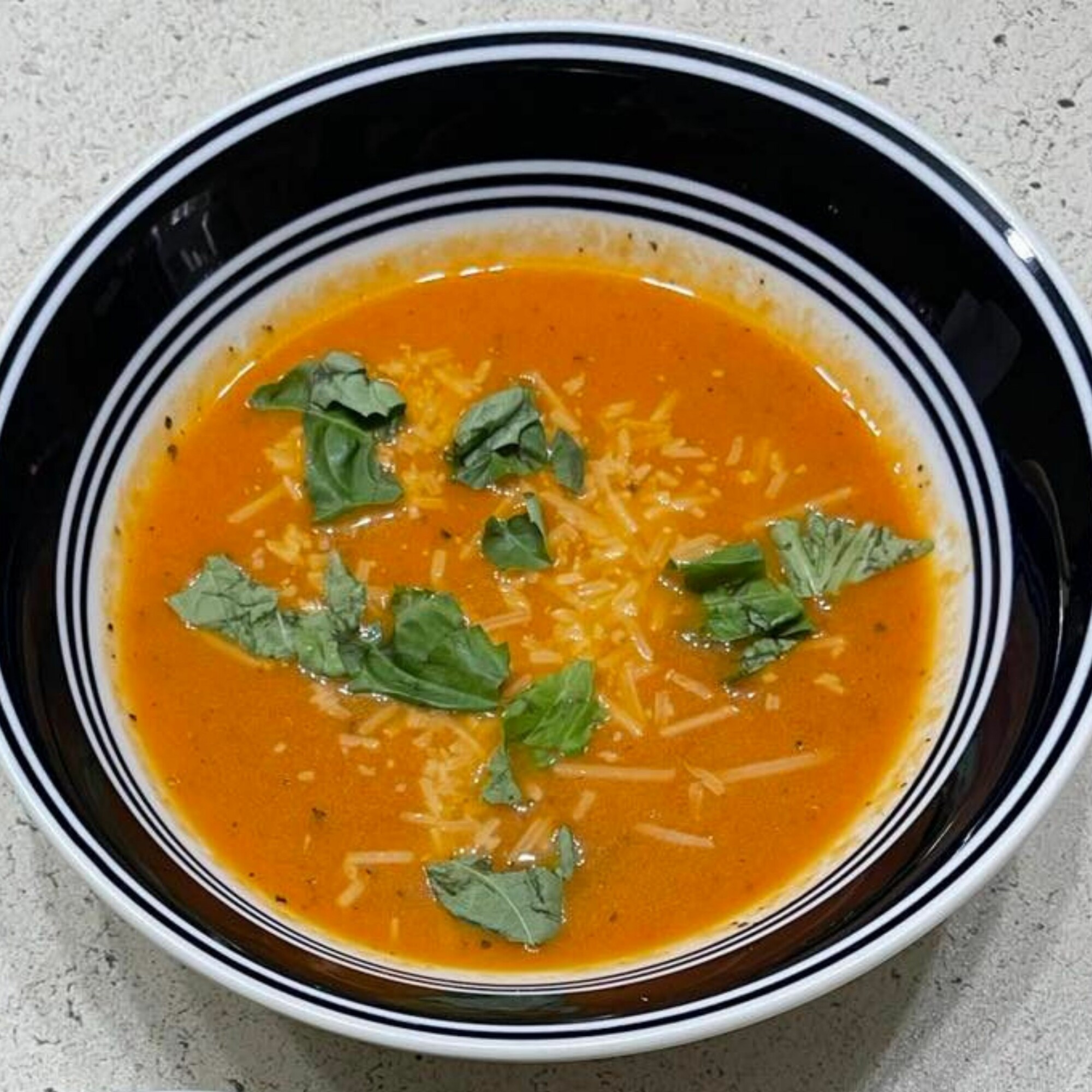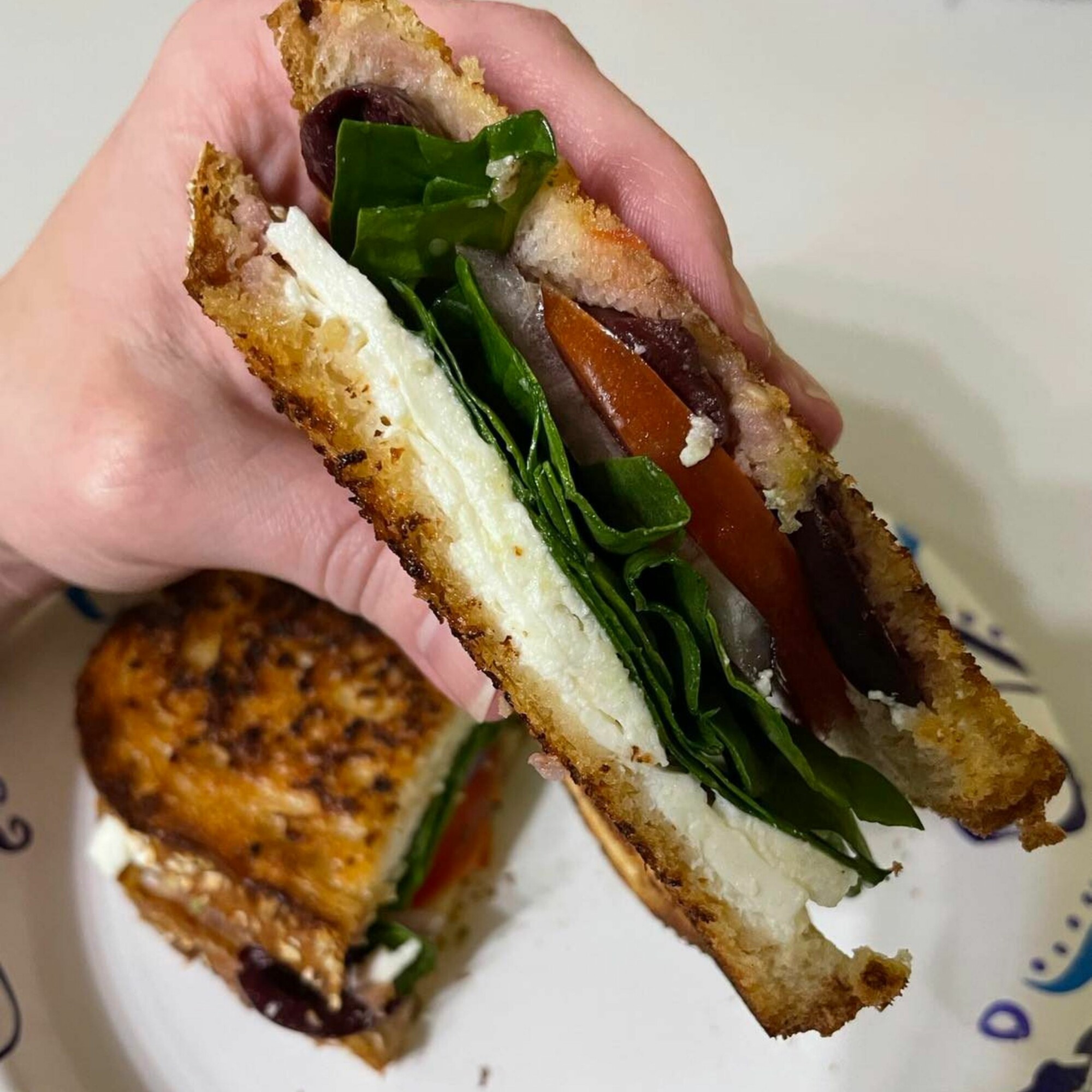
Y’all, I’m going to get real for a minute. Daily life has been a struggle for me the last few months. I’d blame it on fibromyalgia but I know it’s not that. I’ve never struggled quite like this with my fibro. I learned at a very early age (I was diagnosed at the age of 19) how to manage that and live a normal, active life with it. But man, since testing positive in October of last year, life has been a struggle!
If you follow me on social media (and if you’re reading this, chances are real good you do), I’m willing to bet it looks like I’ve got all my strength and energy back. It looks like my life is back to normal. Let me tell you, it’s not.
I took a step back from my “normal” job to focus on my health. And I’ve been doing that. I’ve been moving my body, even on days I don’t want to and working on getting my nutrition back. But let me tell you, those things are hard! Moving through my workouts is a struggle more often than not. My body just doesn’t want to move. I drag and I move slow. Nutrition isn’t horrible but could definitely use some help in the veggie department. Thank you loss of taste. And then the brain fog and concentration issues. Ugh!
But I keep going. Giving up on my health is not an option.
You’ve probably also noticed I’m moving forward with my fitness and nutrition classes and working on getting my business up and running. Again, I refuse to give up. Giving up is not in my genes.
So I push. And push. And push. My body frequently tells me I need to slow down. And I try. But I also know there’s a fine line between rest and laziness. Finding that line is not always an easy one for me. I tend to overdo it before my body forces me to rest. But I’m trying. I’m trying to trust the flow of this new norm. I’m trying to trust my body to tell me what it needs most.
I am forever learning to trust the flow and trust the process. But let me be honest, as long as that flow and process is in a constant state of movement, I’m good (mentally). When it decides to slow down, or heaven forbid, take a break, I struggle.
One. Day. At. A. Time.

How many times have you found yourself thinking, “I just can’t get motivated.” “I don’t have the motivation to make it happen.”
Y’all, what if I told you there will never be enough motivation to keep you going every single day? What if motivation isn’t enough?
Motivation will forever come and go. We’ll have down days. We’ll have distractions. We’ll have celebrations and events. We’ll have….fill in the blank here. Because I think you’re getting my point. Motivation just isn’t always there. If we go solely off motivation to keep us going day in and day out, we’re not likely to meet our goals.
So then, now what?
My experience has told me you have to have a strong enough why and belief in yourself to make it happen. If you don’t have those things, even your days of motivation are going to be done haphazardly, because there’s no real direction or belief you’ll be able to continue on the hard days. The days motivation doesn’t care to show up.
So I encourage you to find your why; your big reason for your goals. What almost brings you to tears or makes you cringe if you don’t reach your goals?
Then pick up some personal development and start loving on yourself! Move your body, choose foods that fuel your body and mind. Don’t say things to yourself you wouldn’t allow your best friend to say to herself. Because y’all, our minds believe everything we tell it.
I promise it will be hard. Learning to love myself is quite possibly the hardest thing I’ve ever had to do. Loving others comes easily. But if you don’t take care of you, how are you going to truly take care of others? You can’t fill from an empty cup.
I also promise the effort is well worth it.
Start making you a priority. Start with loving you. The rest will fall into place. Even on days motivation doesn’t show up.
You owe it to yourself to show up for you as much, and then some, as you do for others. You are worth it. You deserve the very best. You are enough. You are amazing.
Now, go look in a mirror and read that last paragraph back to yourself.




“You’ve changed.”
“You’re right. I have. And I have no intention of ever going back."
This was a very brief conversation I had with my ex-husband shortly before our marriage completely crumbled. He had been great at making excuses for why he couldn’t (or wouldn’t) be the man I met and married. He had changed, and not for the better, in our short 5 years of marriage.
He threw his comment “You know what? You’ve changed too.” back at me. I thought for a second. He wasn’t wrong. I had changed. I was still changing. I was on a very important journey and had no intention of slowing down or going back.
I had been introduced to a world of self-care, self-love, and self-discovery. My new world was surrounded by people who not only wanted the same for themselves, but cheered me on in my own journey.
I was loading myself up with daily personal-development, attending team calls with like-minded people, working out regularly, learning how to fuel my body with healthy foods, attending in-person events with tens to thousands of others on similar journeys, with a similar purpose and goal in mind. Why, oh why, would I stop? And go back to a me who constantly questioned herself, had no self-worth whatsoever, and no clue which way was up and which way was down? Absolutely never!
And why? Why would someone who claimed to love and want to protect me want me to?
Y’all, I had changed. He had changed. Neither of us was budging. I was told to leave our home and never come back. I did. With no car, no money to my name (he had taken our joint account $700 in the negative to be sure), no job, and no home to call my own. But I left with my life. I left with my sanity. I left with my head held high, knowing that I had absolutely made the right decision, even if it was a hard one and hurt.
That was 5 years ago. I’m still on my journey. I’ve had minor set backs here and there. But I’ve kept my promise to never go back. I’ve kept my promise to continually work on me. And I’ve had so many people on my side, cheering me on the whole time.
Y’all, know your worth. Refuse to settle or set your entire being aside for another. You can’t fill from an empty cup. And you are so, so important to this world.

I’ve never been a new year’s resolution kind of person. If I’m going to set a goal, I’m going to set a goal. No matter what time of year it is. And research has shown that the majority of those who do set resolutions for the new year, rarely stick with them.
I am however a word of the year kind of girl. I like having a word as a theme or focus for my year. I’ve done this the last couple years or so. And while I may not consciously think about my word every day, it seems to find its way into my life regularly.
I tend to start thinking about my word Novemberish. I look for clues and let thoughts run through my mind to see if anything stands out. I turned several over in my mind the last couple months. I even did a 5 day exercise to help me find my word. And I really enjoyed the process (you can find it here). It brought up words like successful, confidence, unwavering (I really liked that one), brave, and a few others. I almost settled on focus.
But that’s not how I found my word. My words found me. Yep, words. Two of them. Flow and trust. Different times, different situations. But they both showed up and wouldn’t leave me alone. So I’m letting them both stay.
I have no doubt I need both in my life. I need them to be ever present. I need to learn how to trust myself again. I’ve come to understand that I haven’t truly done so in years. Years of making bad decisions instead of going with your gut instinct and allowing those bad decisions to influence how you think and feel about yourself will do that.
As for flow…it just brings me peace of mind. Not in a go with the flow as if you have no control kind of way. But in an “I’m going to let things flow naturally” kind of way. I’m ready to let my ideas, creativity and authenticity flow. I’m ready to stop questioning and worrying about what others think and let things be as they should. Let me be as I should.
Here’s to 2022 and letting my words show up. I’m trusting the flow.















